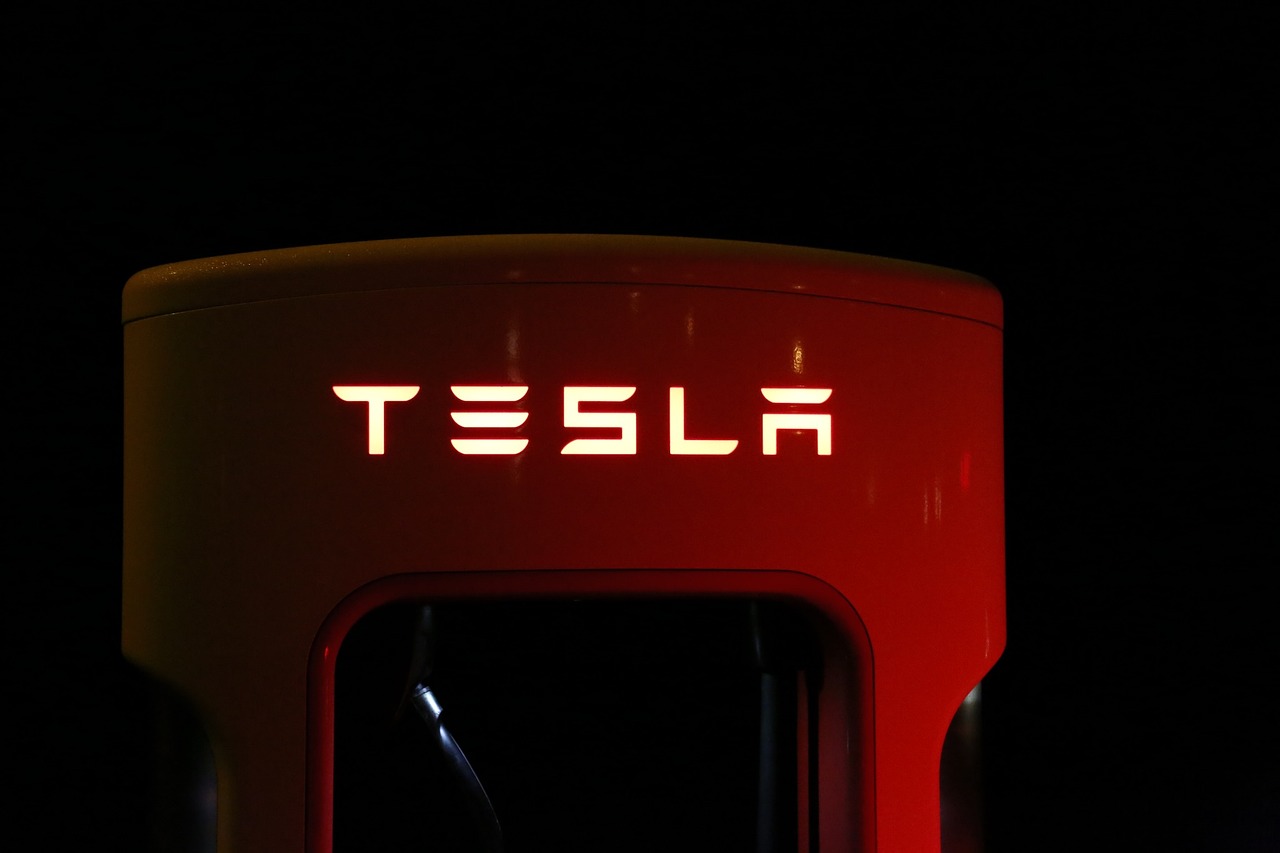In a surprise move yesterday, Elon Musk tweeted that Tesla will no longer be accepting bitcoin as payment for its cars. The announcement comes just two months after the Tesla CEO announced they would be starting the initiative.
Q1 2021 hedge fund letters, conferences and more

“We are concerned about rapidly increasing use of fossil fuels for Bitcoin mining and transactions, especially coal, which has the worst emissions of any fuel,” Musk said. “Cryptocurrency is a good idea on many levels and we believe it has a promising future, but this cannot come at great cost to the environment.”
The current plan is for Tesla to hold on to its bitcoin balance until mining starts using more sustainable forms of energy. They are also looking into other cryptocurrencies that use less energy than bitcoin.
The debate around bitcoin’s energy usage has been going on for years now, and many are concerned that its current energy sources pose a serious threat to the environment. But in order to do a proper analysis of bitcoin’s impact, we need to weigh the pros and cons.
The cons are that it is potentially contributing to climate change and is certainly contributing to the depletion of nonrenewable resources, at least in the present. Those are valid concerns, and they ought to be researched in considerable depth.
But think about the pros. For the first time in human history, we have created a form of money that is impossible to debase, almost perfectly secure, and accessible to everyone with an internet connection. This is a major improvement over our current money, and it is paving the way for true economic freedom by taking the control of money away from central banks and giving it back to the free market.
It is hard to overstate how significant this is. The fact that governments control the money system has led to all sorts of corruption and waste, from wars to corporate bailouts to recessions. The possibility that we could disrupt and eventually end all that with this new technology is, in my books, of far greater consequence than the energy sources this technology happens to use.
So regardless of how we view the environmental concerns, let’s not lose hope in the promise of free market money simply on account of its imperfections.
Like this story? Click here to sign up for the FEE Daily and get free-market news and analysis like this in your inbox every weekday.

Patrick Carroll
Patrick Carroll has a degree in Chemical Engineering from the University of Waterloo and is a Eugene S. Thorpe Writing Fellow at the Foundation for Economic Education.
This article was originally published on FEE.org. Read the original article.
